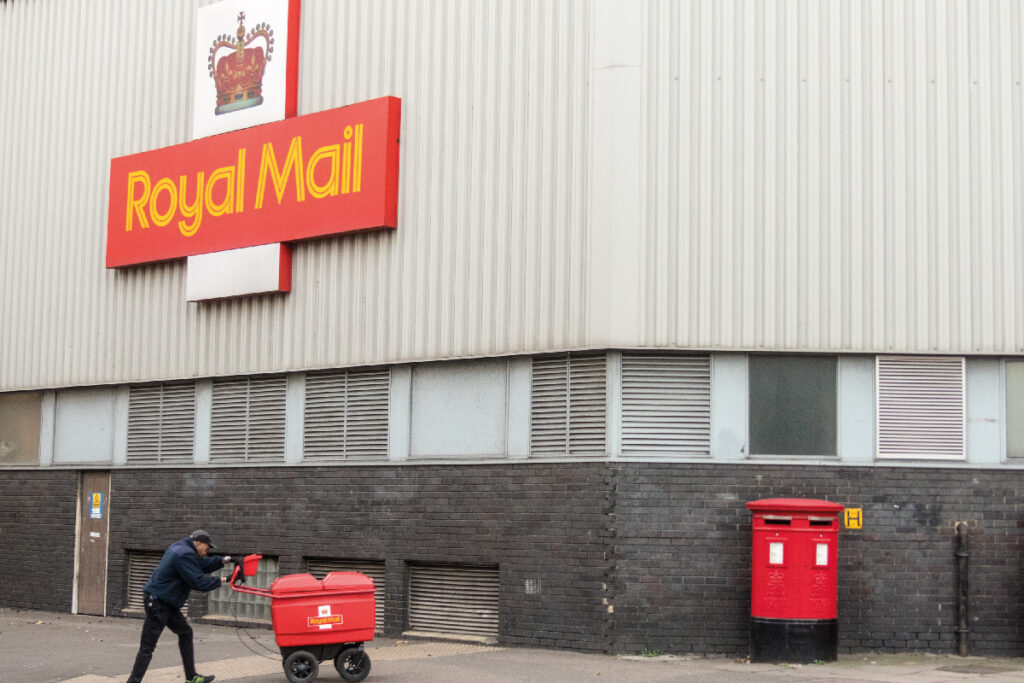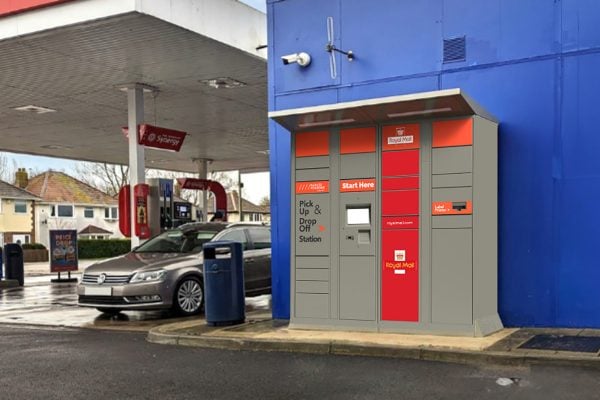With two days of Royal Mail CWU worker strikes behind us, there are two more days to come on Thursday and Friday next week which once again will seriously disrupt ecommerce deliveries. Many small businesses took an extended bank holiday break and shut up shop over the past two days strike action, but this clearly isn’t sustainable the longer strikes go on. Even worse, the nuclear option for Royal Mail to deal with the strike could become a reality.
So what have the two sides got to say:
We are losing £1 million a day and the CWU’s strike action is making our situation worse. We want to protect well-paid, permanent jobs long-term and retain our place as the industry leader on pay, terms and conditions. Each strike day makes that more difficult, making Royal Mail’s future more uncertain than at any time in its long history.
– Royal Mail
When Royal Mail bosses are raking in £758 million in profit and shareholders pocketing in excess of £400 million, our members won’t accept pleads of poverty from the company
– Dave Ward, General Secretary, CWU
How can a company making £758 million be losing £1 million per day? Well both sides are kind of right – but that’s when you consider Royal Mail may be losing £1 million per day and Royal Mail Group reporting £758 million… but only when you include all of their divisions.
The CWU want a straight pay rise with no strings attached. Royal Mail want a pay deal tied to changes in working conditions including:
- Flexible working, meaning the core team might work around one hour a day less in the
Summer and around one hour a day more in the Winter, whilst getting the same weekly pay
all year round; - Over the next three years some of the core team in Delivery working one Sunday every four
weeks, although based on Royal Mail’s current volumes that would start as one Sunday every 40 weeks; - Changes to Royal Mail’s absence policy to make sure that as many people as possible attend work every
day; - Moving to later start times over a number of years, with the majority of the Royal Mail team starting
between one and two hours later. This means they’ll also finish one or two hours later and Posties don’t like that and the CWU complain it’ll mean working in darkness in the winter months.
The CWU have a strike ballot on pay and a second strike ballot on working terms and want to negotiate on each separately and that’s not going to make things easy for Royal Mail.
Royal Mail nuclear option
So, what’s the nuclear option? Well Royal Mail have stated that they won’t subsidise Royal Mail with income from their GLS division. They’d sooner flog off or float GLS as a separate company than allow the CWU to dictate they run Royal Mail at a loss. Indeed, Royal Mail plc won’t exist much longer as a legal entity and it’s already been announced that it will be renamed International Distributions Services plc. That paves the way to flog GLS and leave Royal Mail with the Royal Mail name.
The Board has always maintained that there should be no cross subsidy in the Group and recognises
– Royal Mail
the need to address improvements in Royal Mail’s performance quickly. In the event that significant
change within Royal Mail is not achieved, the Board will consider all options to protect the value and
prospects of the Group, including separation of the two companies.
Neither side is going to find a quick remedy to the pay and terms disputes that satisfies the other. The only real question is how long will Royal Mail wait before they press the button and break the group up and do they care that leaves 115,000 striking posties working for a business that doesn’t make a profit, can’t afford to offer pay rises, and either they have to accept new working terms for a worse deal that’s on offer or watch Royal Mail go bust?
Posties are already paid more than most of the delivery sector, not that that doesn’t mean they need a pay rise to meet the rising cost of living but that’s a situation everyone, unionised or not, is facing. Strike for too long and Royal Mail could be so unprofitable once GLS is sold off that it puts the entire Universal Service Obligation under threat and conceivably could spell the beginning of the end for 506 year old postal service.










6 Responses
Renationalise it. Renationalise gas and electric too. Renationalise the railways.
Bring these thing back into public ownership so we can keep the vital infrastructure of this country going. Also, why should foreign investors get the profits from them? Why can’t we as tax payers get the benefit? The biggest feck-up of privatisation was not the fact of it, but the failure to keep a share in the profits for the nation. BT anyone?